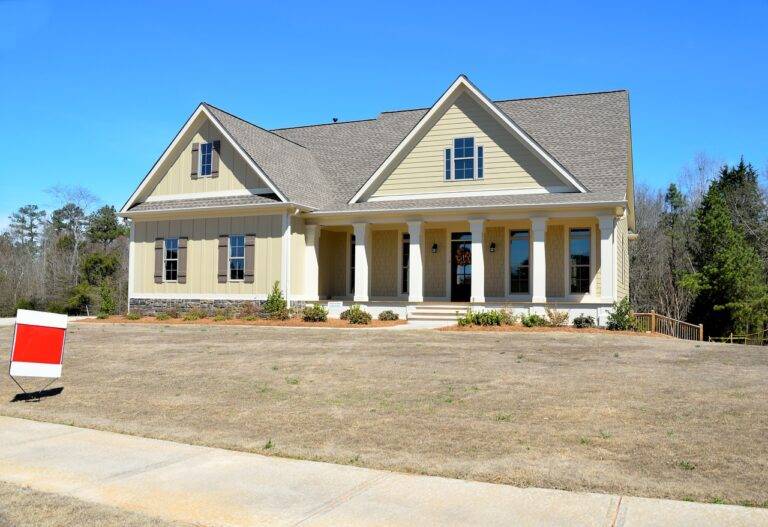The Impact of Home Automation on Property Values
allexchbet, 99exch, all panel.com:Home automation has revolutionized the way we interact with our homes, making our lives more convenient, efficient, and secure. From smart thermostats to automated lighting systems, homeowners are increasingly embracing this technology to enhance their living spaces. But what impact does home automation have on property values? Let’s delve into this topic to understand how these smart systems can impact the overall value of your home.
Improved Convenience and Comfort
One of the key benefits of home automation is the convenience it offers to homeowners. With the ability to control various aspects of your home, such as lighting, temperature, and security systems, from your smartphone or voice command, you can easily create a more comfortable living environment. This convenience can be a major selling point for potential buyers, as they are increasingly looking for homes with modern amenities that streamline their daily routines.
Increased Energy Efficiency
Another significant advantage of home automation is its ability to improve energy efficiency. Smart thermostats can learn your heating and cooling preferences and adjust the temperature accordingly, leading to lower energy bills. Automated lighting systems can also help reduce energy consumption by turning off lights when not in use. Potential buyers are often attracted to homes with energy-efficient features, as they not only save money on utility bills but also contribute to a greener lifestyle.
Enhanced Security
Home automation systems also offer enhanced security features, such as smart locks, video doorbells, and surveillance cameras. These devices provide homeowners with peace of mind by allowing them to monitor their property remotely and receive instant alerts in case of any suspicious activity. Properties equipped with such security systems are likely to command higher prices in the real estate market, as safety is a top priority for many buyers.
Integration with Smart Home Ecosystems
As the popularity of smart home devices continues to grow, homeowners are increasingly looking for properties that are compatible with popular smart home ecosystems, such as Amazon Alexa, Google Assistant, and Apple HomeKit. Homes with integrated automation systems that can seamlessly connect with these platforms are seen as more valuable due to their versatility and convenience. Buyers are willing to pay a premium for homes that are already equipped with these features, saving them the hassle of installing them themselves.
Future-Proofing Your Home
Investing in home automation can future-proof your property by making it more attractive to tech-savvy buyers. As technology advances, the demand for smart homes is only expected to increase, making homes with automation systems more desirable in the long run. By incorporating these systems into your property now, you are not only adding value to your home in the present but also ensuring its competitiveness in the future real estate market.
The Bottom Line
Overall, home automation can have a positive impact on property values by enhancing convenience, energy efficiency, security, and desirability. While the initial investment in these systems can be significant, the potential return in terms of increased property value and marketability outweighs the costs. If you are considering upgrading your home with automation technology, it is essential to research the latest trends and technologies to make informed decisions that will benefit you in the long term.
FAQs
Q: Will installing home automation systems increase my property taxes?
A: In some cases, adding automation features to your home may increase its assessed value, leading to higher property taxes. However, the potential increase in property value and marketability may outweigh the additional tax burden.
Q: Are there any drawbacks to installing home automation systems?
A: While home automation offers numerous benefits, there are some potential drawbacks to consider, such as the initial cost of installation, compatibility issues with existing systems, and privacy concerns related to data security.
Q: Can I recoup the cost of installing home automation systems when selling my home?
A: While the return on investment varies depending on the type of automation systems installed and market conditions, properties with automation features generally command higher prices and sell faster than those without these technologies.
Q: How can I determine which home automation systems are right for my property?
A: Before investing in home automation, it’s essential to assess your needs and priorities, research the available options, and consult with experts in the field to determine the best systems for your home.
Q: Are there any potential risks associated with home automation systems?
A: Like any technology, home automation systems come with potential risks, such as cybersecurity threats, system malfunctions, and compatibility issues. It’s crucial to take precautions, such as regular software updates and secure network connections, to mitigate these risks.







